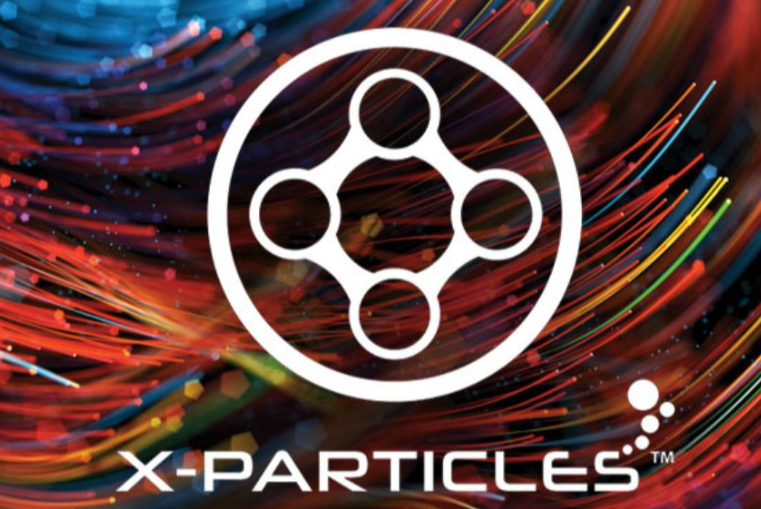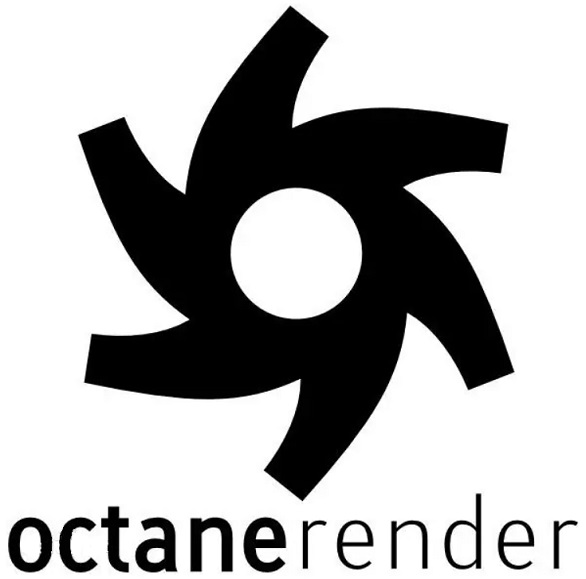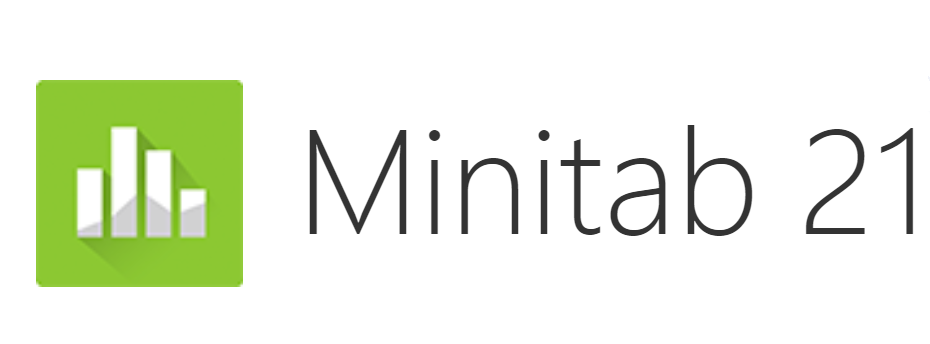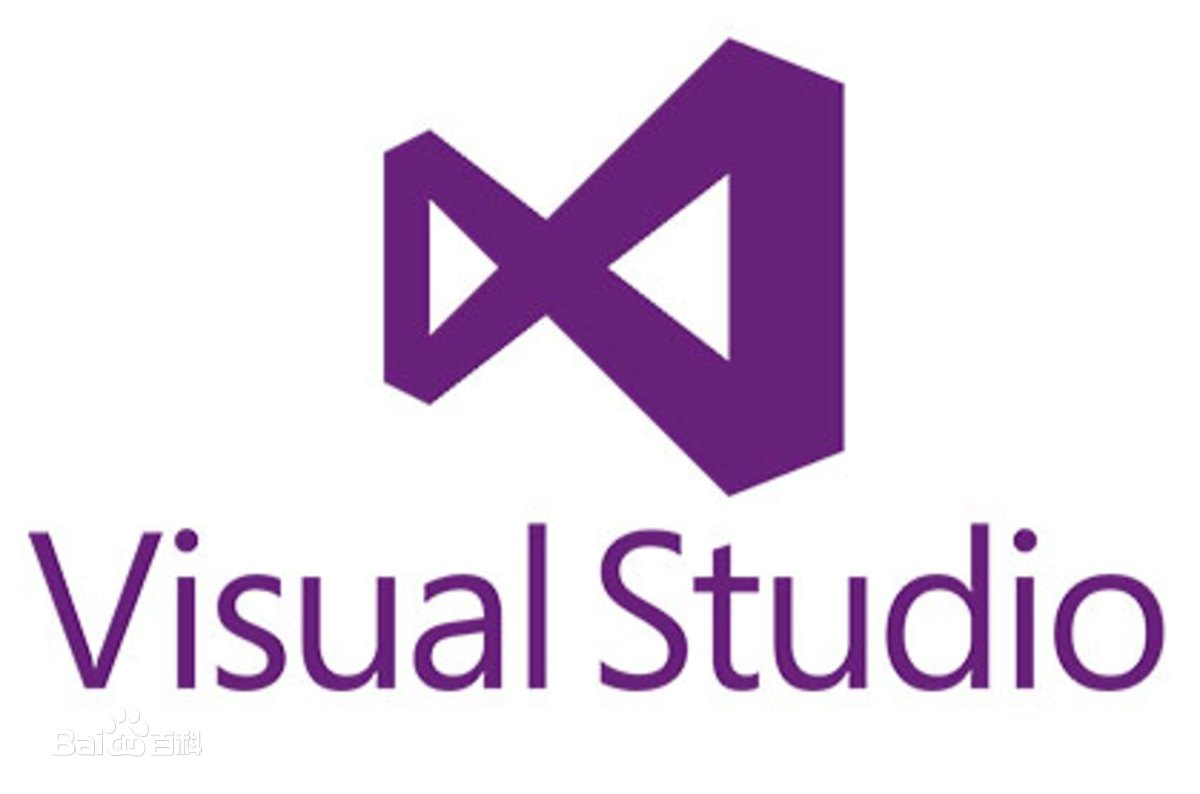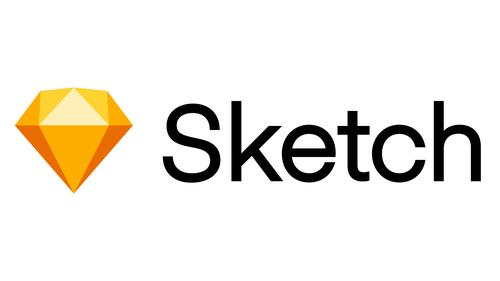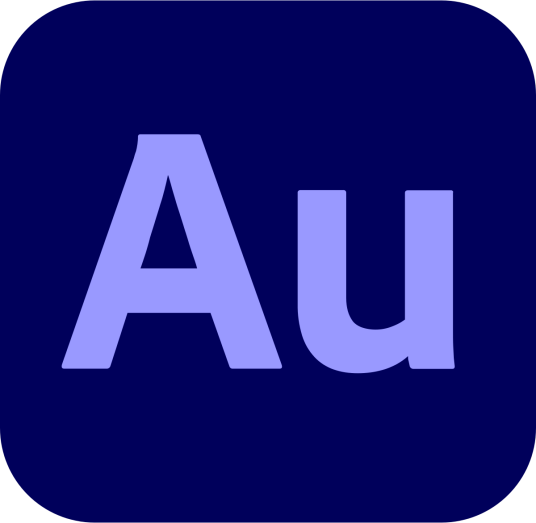Introduction

Apifox is an information service system website hosted by Guangzhou Ruihu Technology Co., Ltd. Its main services include API documentation, API debugging, API data mocking, and API automation testing. Through a set of systems and a copy of data, it solves the problem of data synchronization between multiple systems.
Website Introduction:
Apifox is a brand under Guangzhou Ruihu Technology Co., Ltd. It is an integrated collaborative platform for API documentation, API debugging, API Mock, and API automation testing. It is a more advanced API design/development/testing tool, positioned as Postman+Swagger+Mock+JMeter.
As long as the API documentation is defined, API debugging, API mocking, and API automation testing can be directly used without the need to define it again. The API documentation and API development debugging use the same tool, and once the API debugging is completed, it can be guaranteed to be completely consistent with the API documentation definition.

Website positioning:
It is an integrated collaborative platform for API documentation, API debugging, API Mock, and API automation testing.
Website features:
Interface support for 'use case management';
Definition and reference of "data model";
Automatically verify the data structure during debugging;
Visualize the setting assertion;
Visualization "settings extract variables;
Support database operations;
Zero configuration "Mock provides very user-friendly data;
Generate online interface documents;
Automatic code generation;
Import and export.
Best Practices
The front-end (or back-end) has finalized the first draft of the interface document on Apifox.
Review and improve interface documents together, and finalize interface use cases.
The front-end usage system automatically generates mock data based on interface documents for development, without the need for handwritten mock rules.
The backend uses interface use cases to debug and develop interfaces. As long as all interface use cases are debugged successfully, the interface development is completed. If there are changes to the interface during the development process, the documentation is automatically updated during debugging, ensuring timely interface maintenance at zero cost.
Every time the backend debugs a function, it is saved as an interface use case.
Testers directly use interface use cases to test interfaces.
After all interface development is completed, testers (or backend) use the collection testing function to conduct multi interface integration testing and fully test the entire interface call process.
Both the front-end and back-end have been developed, and the front-end switches from Mock data to formal data. Joint debugging usually goes very smoothly because both sides fully comply with the specifications defined by the interface.

Product advantages
One stop interface collaboration platform, interface design WYSIWYG, one request, repeated calls
Automatic code generation, intelligent interface management, rich practical capabilities, cloud team collaboration
Compatible with multiple data formats

